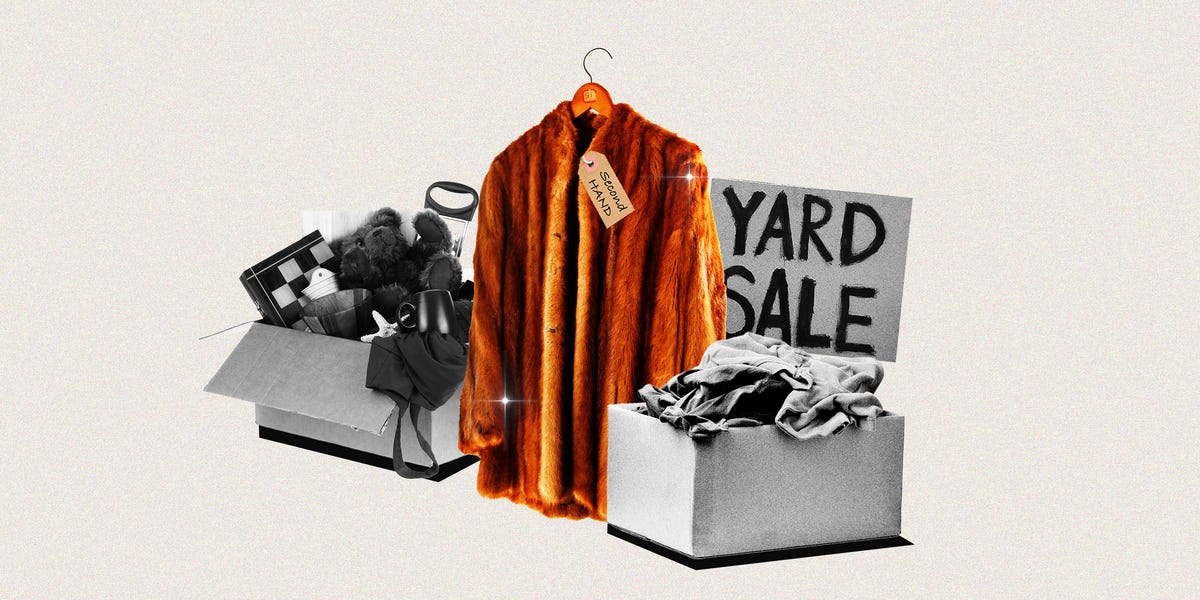Tariff Tango: How Americans Are Shopping Smarter at Goodwill and eBay

As economic uncertainties loom and consumers tighten their belts, secondhand shopping has emerged as a smart and savvy solution for budget-conscious buyers. The rising tide of economic anxiety, driven by potential tariffs and recession fears, is transforming the resale market into a thriving ecosystem of affordable fashion and practical shopping.
Platforms like Goodwill, eBay, ThredUp, and Poshmark are experiencing unprecedented growth as shoppers seek cost-effective alternatives to traditional retail. These marketplaces offer more than just bargains; they provide a sustainable and economically intelligent approach to consumption. Consumers are discovering that secondhand shopping isn't just about saving money—it's about making smart financial choices in an unpredictable economic landscape.
From gently used designer clothing to vintage treasures, these resale platforms are redefining retail therapy. Shoppers are no longer stigmatized by secondhand purchases but celebrated for their financial wisdom and environmental consciousness. As economic pressures continue to mount, the secondhand market stands as a resilient and attractive option for those looking to stretch their dollars without compromising on style or quality.
